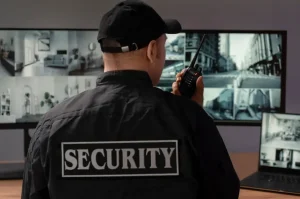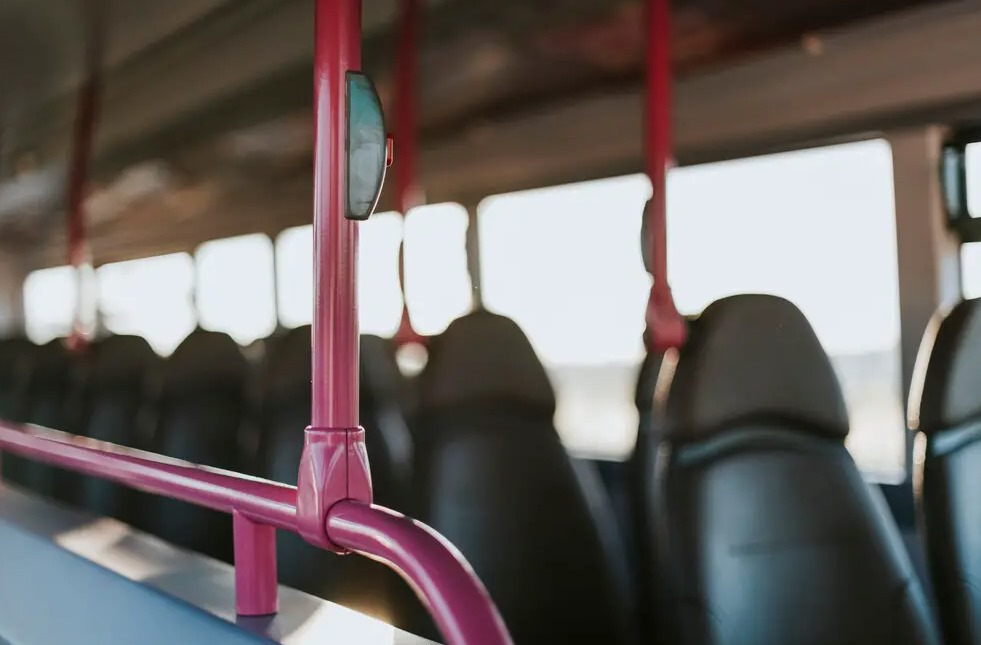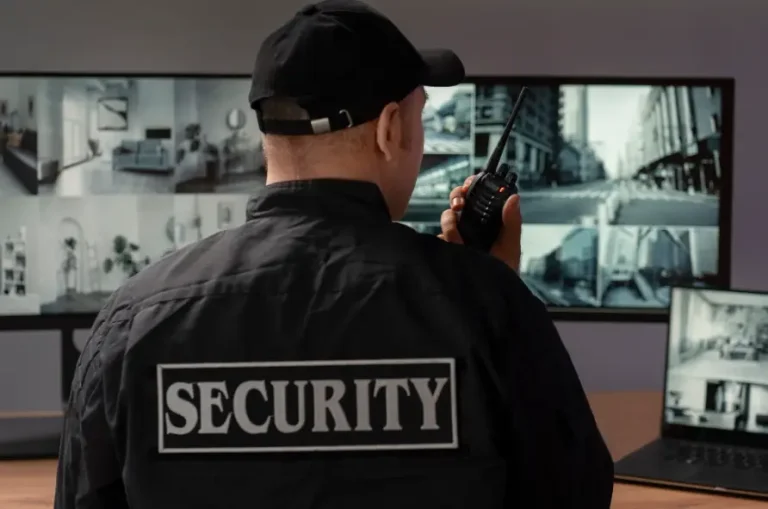Have you ever paused to consider how the decisions you make every day can offer profound insights into your personality? Beyond the surface of routine choices lies a tapestry of values, priorities, and character traits waiting to be uncovered. By engaging with a series of thought-provoking scenarios—designed as personality test riddles—you can explore the nuances of your decision-making process and, in doing so, reveal aspects of yourself that might otherwise remain hidden.
This article presents eight carefully crafted scenarios that challenge you to reflect on who you would choose to help or support in various everyday dilemmas. Each scenario has been designed to illuminate different facets of personality, from empathy and fairness to loyalty and practicality. As you progress through these scenarios, you’ll not only enjoy a stimulating mental exercise but also gain valuable insights into the underlying values that guide your actions.
The Bus Seat Dilemma: Who Gets Your Seat?
Scenario Overview:
Imagine boarding a crowded bus where only one seat remains unoccupied. On this journey, you encounter four individuals: a mother accompanied by her baby, an elderly woman, a man who relies on crutches, and someone who appears visibly unwell. You are given the choice to offer your seat to one of these individuals.
Personality Insights:
-
Respect for Tradition:
If you opt to give your seat to the elderly woman, it may indicate that you hold a deep respect for age and tradition. This choice suggests that you value the wisdom and experience that comes with a long life, recognizing the contributions of those who have lived through many changes. -
Empathy and Compassion:
Choosing the mother with her baby reflects a nurturing and empathetic disposition. This decision indicates that you are inclined to protect and support those who are vulnerable, prioritizing the needs of both the parent and the child. -
Fairness and Practicality:
Electing to offer your seat to the man on crutches might demonstrate a sense of fairness and a practical approach to decision-making. You may recognize the physical challenges he faces, and your choice shows an awareness of the importance of physical support for those in need. -
Compassionate Action:
If you decide to help the visibly sick person, your decision highlights a compassionate nature. This choice reflects a willingness to assist someone who is in distress, even when the need might not be immediately obvious to others.
In essence, your choice in this scenario provides a snapshot of your core values—whether you lean towards traditional respect, parental empathy, equitable treatment, or heartfelt compassion.
The Lifeboat Choice: Who Do You Save First?
Scenario Overview:
Imagine being aboard a lifeboat with limited capacity during an emergency at sea. You are faced with the difficult task of deciding whom to save first among four individuals: a doctor, an artist, a scientist, and a child.
Personality Insights:
-
Practicality and Functionality:
If you choose to save the doctor, you are likely to be pragmatic and highly value practicality. You recognize that the doctor’s skills are essential not only for the immediate crisis but also for the long-term survival of others on board. -
Hope and the Future:
Opting for the child can signify a forward-thinking mindset, where you prioritize the potential and future of the next generation. This decision underscores your commitment to safeguarding the promise of tomorrow, reflecting both hope and responsibility. -
Valuing Innovation:
Choosing the scientist as the first person to be saved reveals an appreciation for knowledge and innovation. You see the long-term benefits of preserving intellectual potential, believing that scientific progress is a cornerstone of societal advancement. -
Celebrating Creativity:
If your decision leans towards saving the artist, it demonstrates that you value creativity and cultural expression. This choice suggests that you understand the importance of art in enriching the human experience and view creative minds as indispensable.
The lifeboat dilemma forces a prioritization of values in moments of crisis, with each decision revealing a different aspect of your worldview—whether it be practicality, hope, innovation, or artistic expression.








